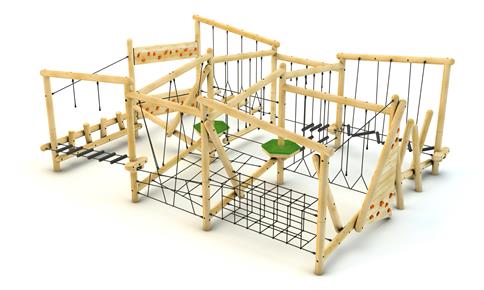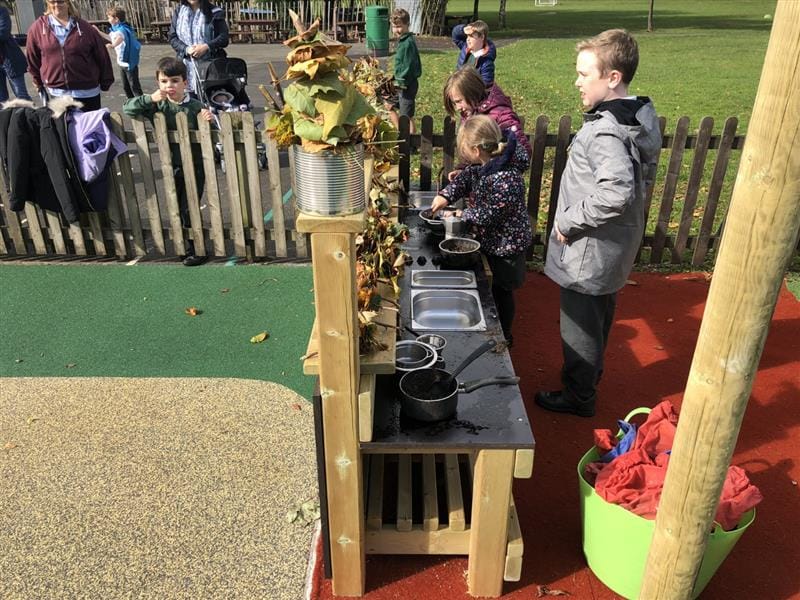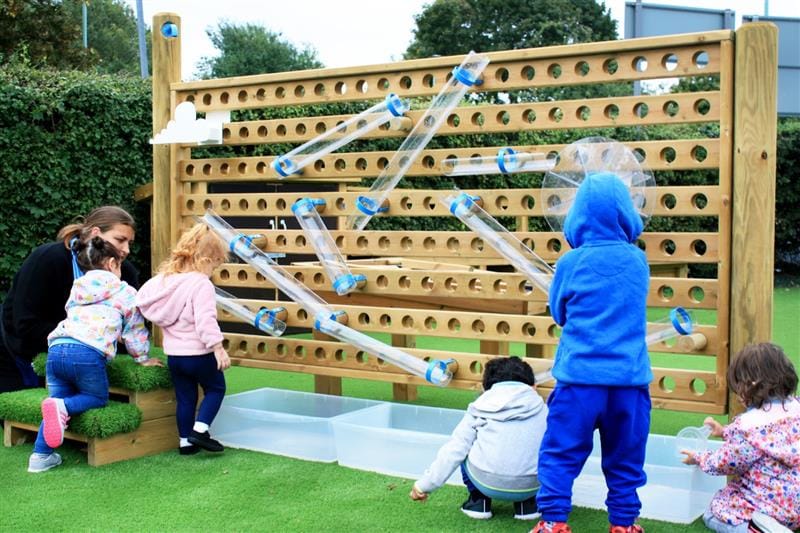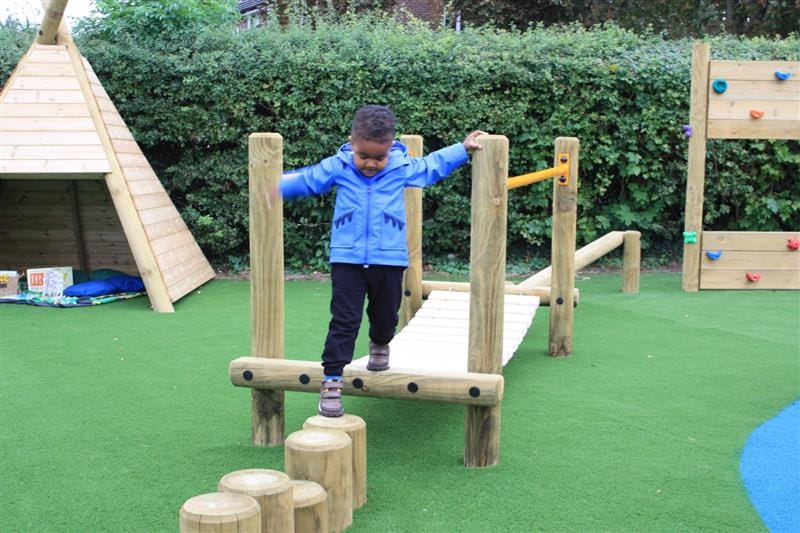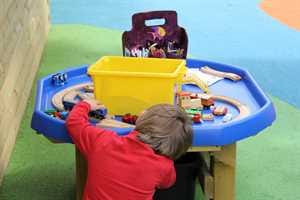
Children's Health
4 Benefits of Outdoor Play in Winter
With the weather becoming cooler by the day and days becoming shorter, unsurprisingly, parents and teachers may limit children’s playtime to stay inside.
During the school day, much-needed breaks might be swapped in favour of the cosy indoors - after all, who wants to brave wind blowing from all directions and pouring rain?
There must be some truth to the age-old wisdom that ‘cold air makes children sick’. We are here to debunk this common misconception!
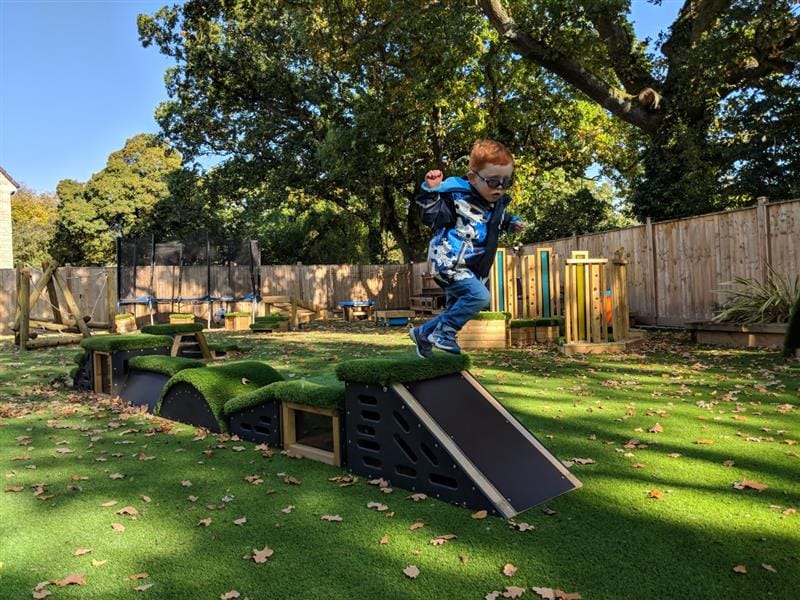
It isn’t the cold weather that makes children sick. Granted, when the weather is colder, our bodies work harder to keep warm.
However, with the correct clothing to protect children from the elements, there are several benefits to playing outdoors during autumn and winter.
Here are 4 great reasons not to cancel breaktimes and to encourage children to put their snug gloves, warm woolly hats and toasty scarves on to play outdoors...
1) Outdoor Play in the Cold Strengthens the Immune System
During autumn and winter, more bugs and viruses tend to circulate. This leads to few children being able to make it through the colder weather without getting ill.
Winter frequently gets a bad name for making children poorly, but the key reason for contracting germs is staying indoors and around people who are unwell. With little ventilation, germs are easily circulated, making children more susceptible to viruses.
Playing outdoors in the fresh, chilly, open air can boost kids’ immune systems, developing their ability to fight off infections and build resistance to allergies.
Research has shown that school children who participate in active play outside in the rural areas are healthier than their peers.
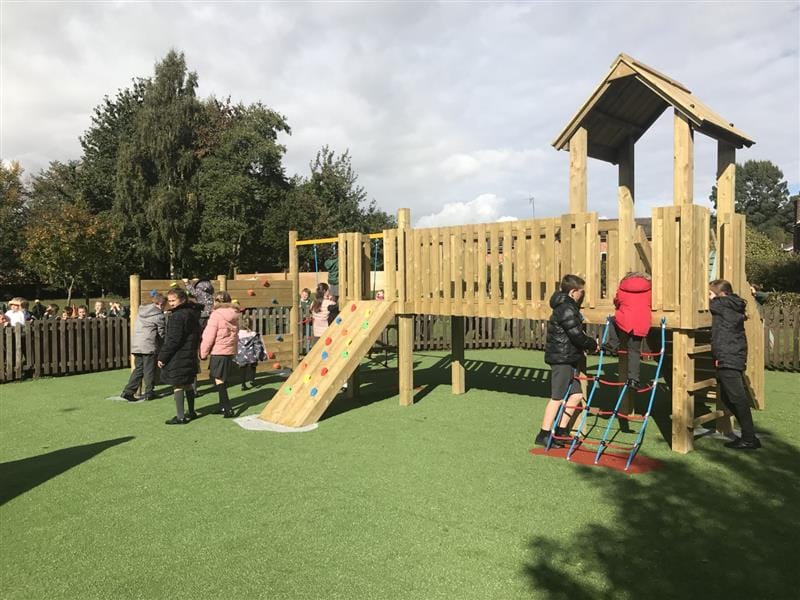
2) Outdoor Play in Winter Helps to Burn Extra Energy
In the winter months, it’s tempting to keep children indoors, but then with that may bring sedentary screen-time. Kids who are full of pent-up energy may act out in class and at home due to frustration.
The playground is an ideal way to burn off extra energy and stop kids from getting antsy. Children can socialise with their friends and have a blast by running, jumping and exercising key muscle groups.
When playing outdoors, kids can keep fit and continue developing their physical skills. Outdoor play reduces the risk of obesity by getting blood flowing to the organs, at the same time as keeping them fit and healthy.
Research shows that regular outdoor breaks during the school day can improve academic performance and concentration in class.
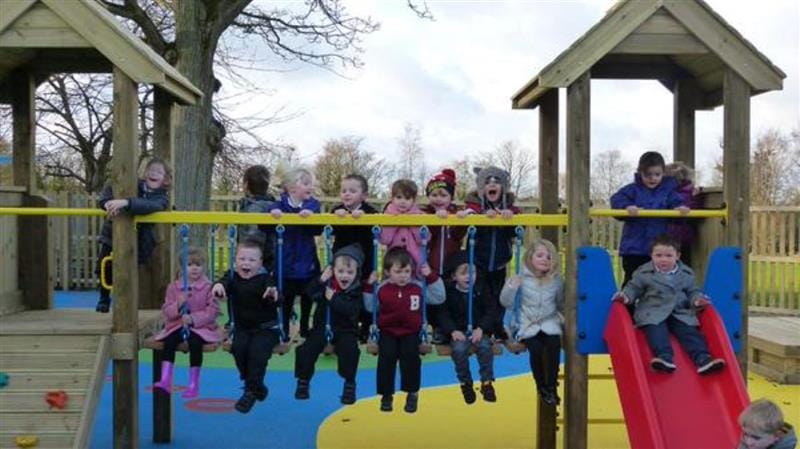
Product Spotlight
3) Outdoor Play in Different Conditions Promotes Problem-Solving and Cognitive Thinking
Colder weather brings lots of different and fresh challenges for kids and offers new ways of learning outdoors.
Children are encouraged to assess risks such as slippery surfaces caused by the rain and frost; they can then adapt their play to ensure safety. It also helps children to acquire new problem-solving skills and promotes cognitive thinking.
Learning about the elements and nature in class is one thing, seeing and experiencing them is another. Playing in the cold encourages children to ask and to learn about the rain cycle and at what temperature rain turns into ice.
Why do the leaves change colour in autumn? Why, after playing outside for 10 minutes, do they feel much warmer than they initially did? Playing outside in different weather conditions delivers a new found appreciation of nature.
4) Winter Outdoor Play Boosts Vitamin D levels and Uplifts Mood
During the winter, we have a small window of opportunity to be exposed to sunlight and increase our vitamin D levels.
As days are shorter, schools may need to review their breaktimes. However irrespective of the weather, and as long as children are dressed appropriately in the colder months, breaks should continue to be outside (with a few exceptions).
Research shows that exposure to sunlight provides essential vitamin D, which regulates mental and emotional moods, increases energy and sharpens memory. In as little as 15 minutes of playing outside, children can get their daily dosage of vitamin D.
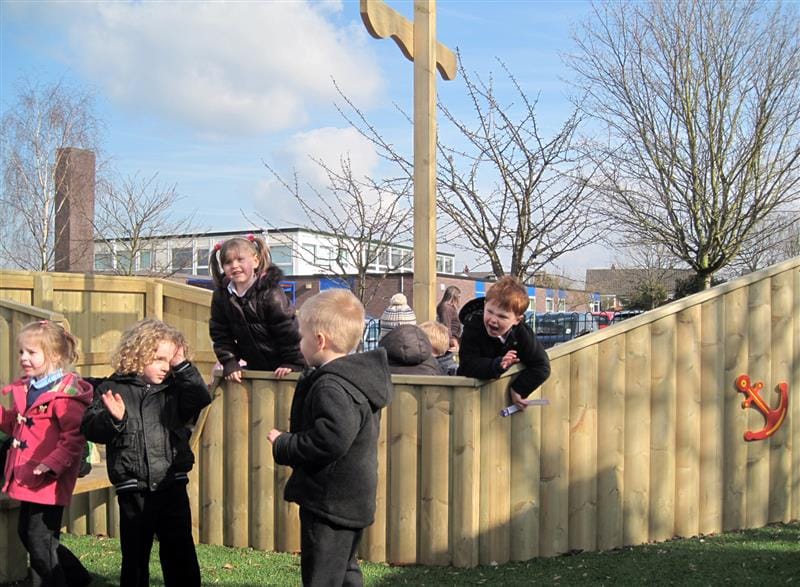
As a society, we must revise our way of seeing winter as a time for children to spend less time outdoors.
By trying to protect them from colder weather, we are doing the opposite and hindering learning.
Breaks should continue outside, in the playground, so that children can burn off steam, face new winter challenges that they often crave, and benefit from improved serotonin levels through sun exposure and an increase in vitamin D.
We can also turn underused muddy fields and slippery tarmac into spaces for all-weather play and learning with a choice of excellent surfacing options.
Explore our website and Contact Us to arrange a free consultation with one of our outdoor play experts.
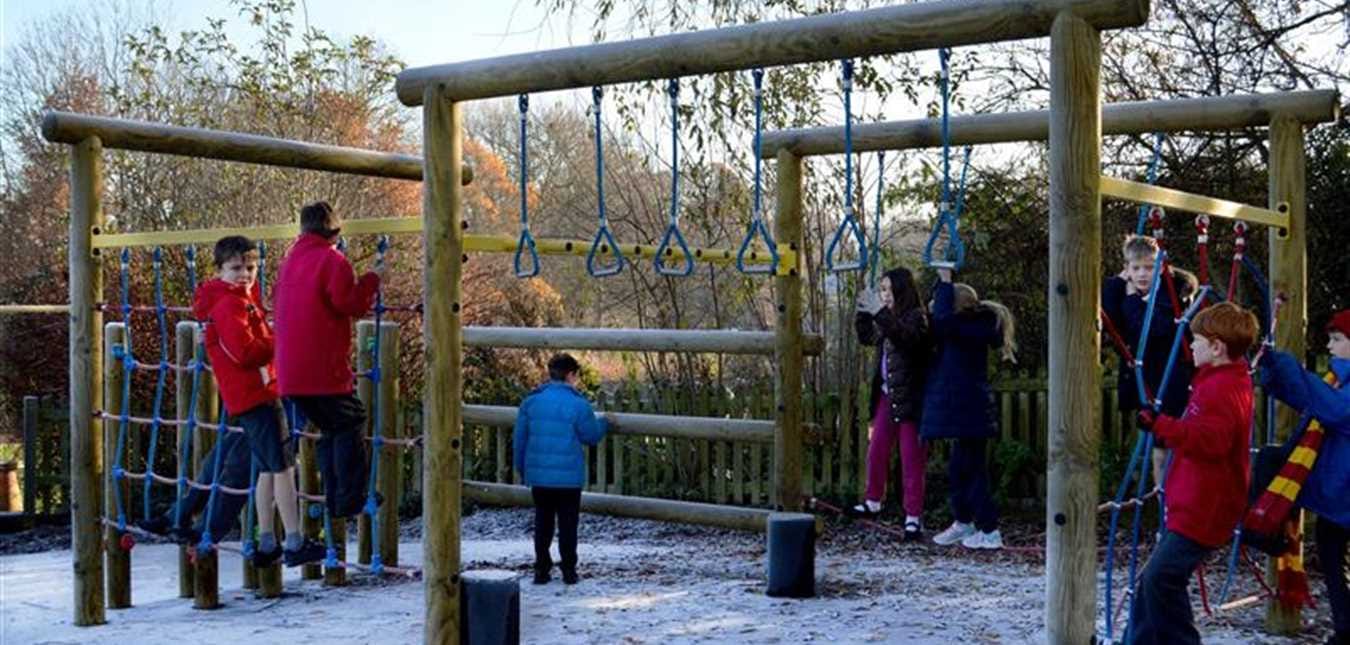
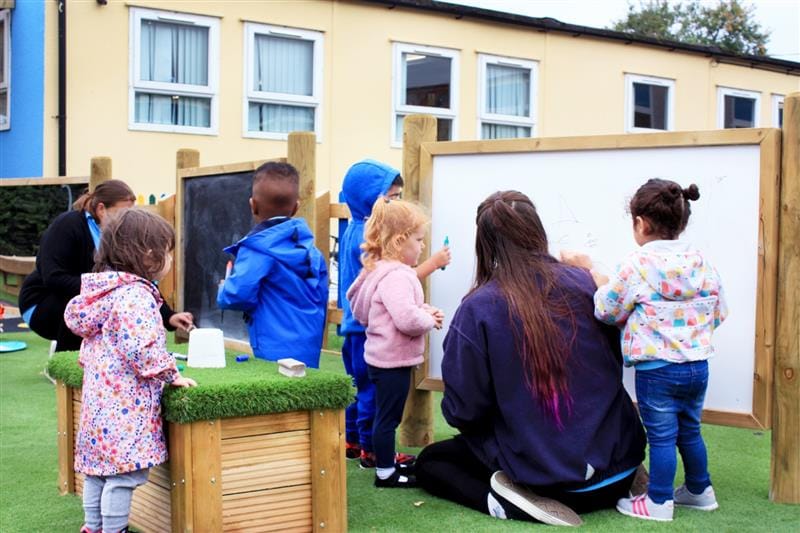
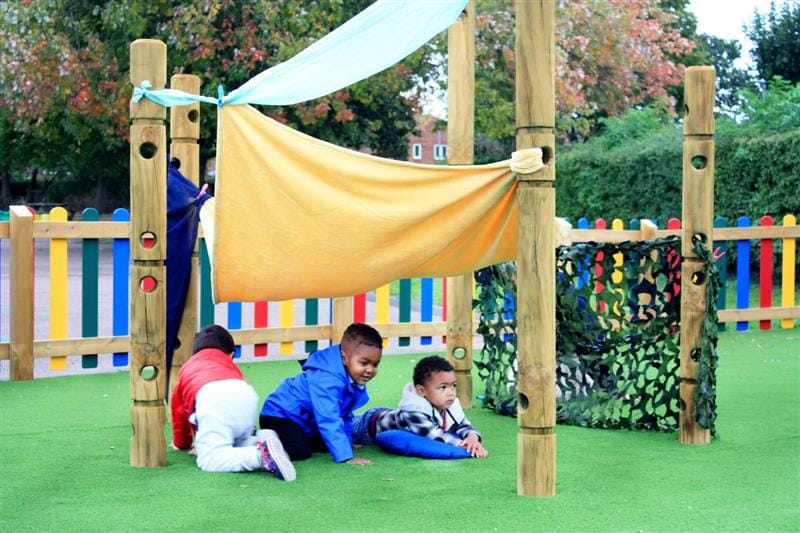
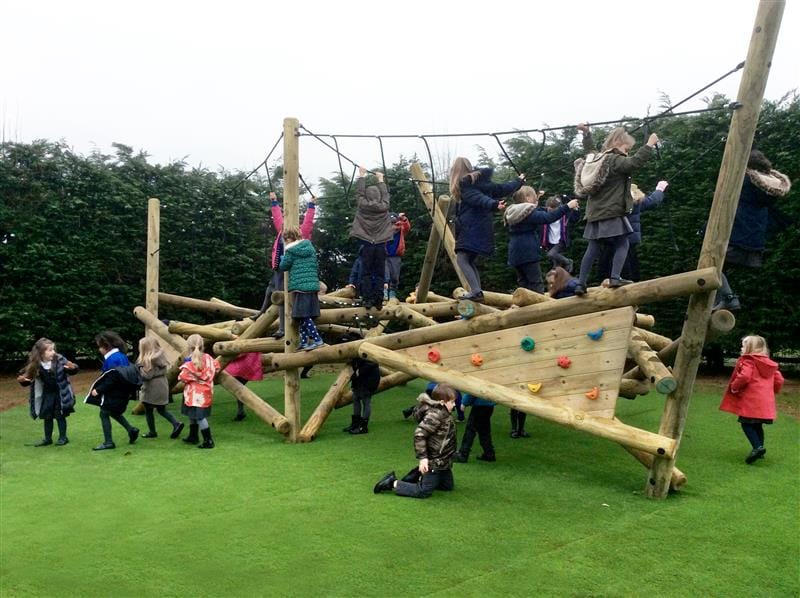
.jpg)
.jpg)
